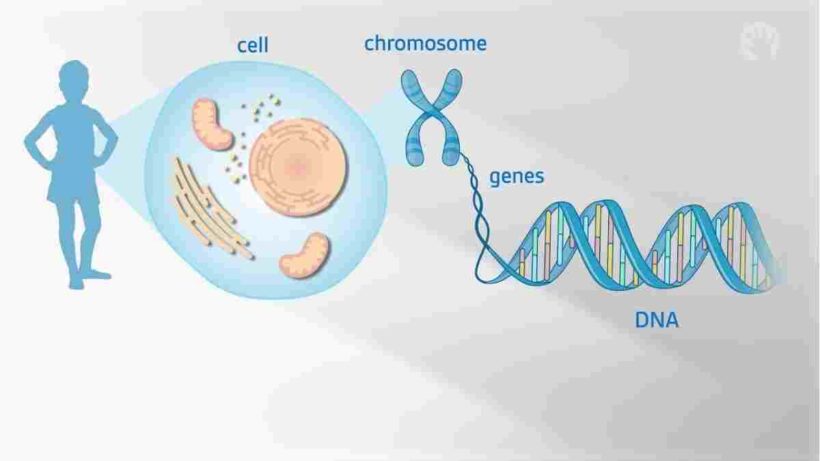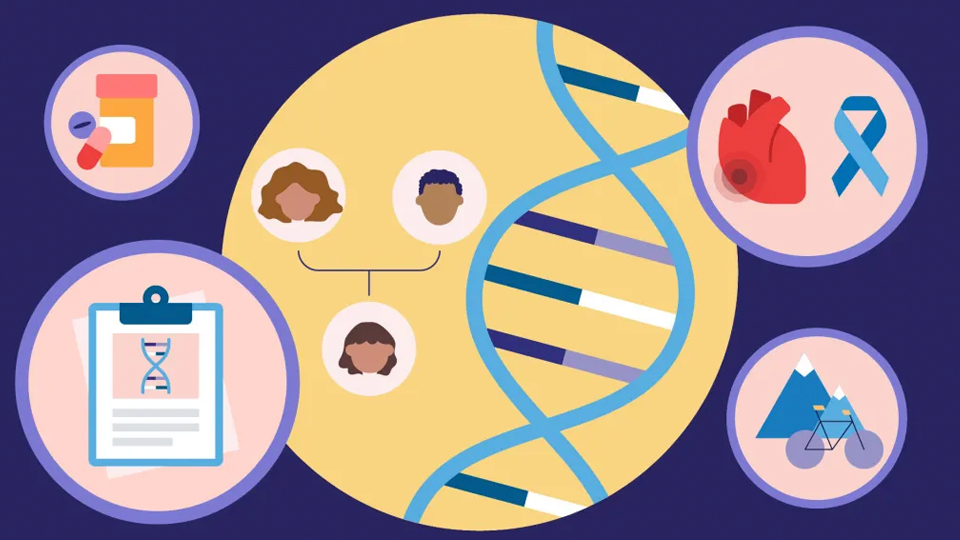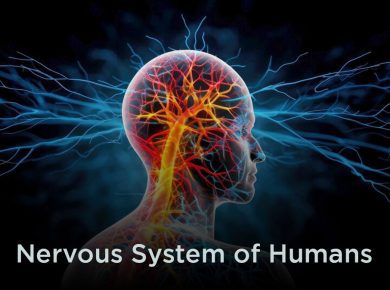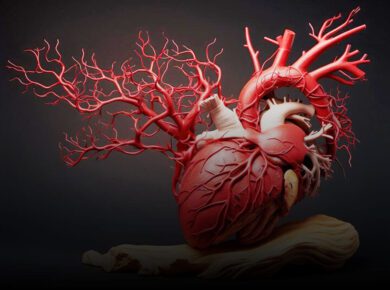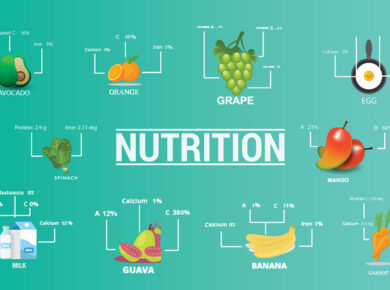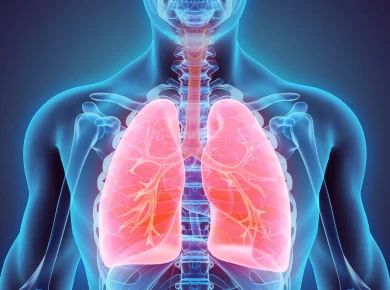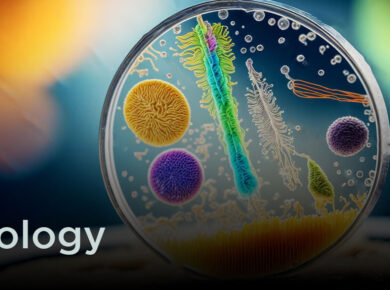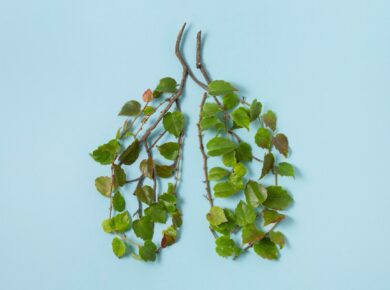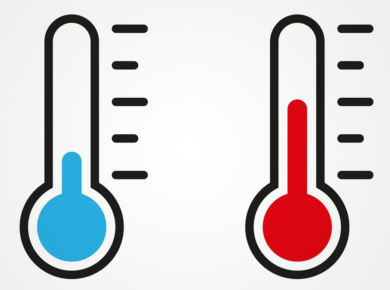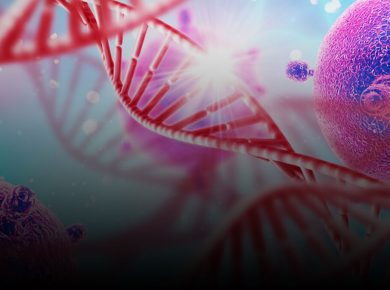Genetic Counselling
You have earlier learnt about dominant and recessive genes. If a child receives a dominant gene from one parent and its recessive from the other parent (heterozygous condition) the recessive gene does not express itself. Recessive gene get expressed only when they are in the homozygous condition, that is, both genes of a pair inherited from the parents are recessive.
You can probably appreciate why marriages between closed relations (termed consanguineous marriage) are discouraged. Being related, both parents may pass down the defective gene which may be present in a family. Most defective genes that cause genetic disorders are recessive. When both genes of a pair in the child are defective, the child is born with a genetic disorder.
So if a couple wishes to know the chances of their child getting a particular disorder present in their family, they have to go to a genetic counsellor. Genetic counselling means advise given regarding a genetic disorder so that the couple knows whether to have any more children if their first child is suffering from a genetic disorder. The genetic counsellor has a very good knowledge of human genetics and can predict the chances of a genetic defect in a family.
Related Content: IAS Mania covers all topics in the science category for the UPSC exams.
The pattern of inheritance of a particular trait (feature) among humans is identified by the method of pedigree analysis. Pedigree is a diagrammatic representation of relationships showing a particular trait in a family. The genetic counsellor prepares a pedigree chart and can then advise accordingly.
The last fifty to sixty years have been an era of molecular Genetics when it was confirmed that DNA is the genetic material and the mechanism of DNA replication and protein synthesis in a cell were discovered.
Genetically modified organisms are also called transgenics. Transgenic microbes, plants and animals carry in their genetic makeup, gene or genes of another kind of organism.
Transgenic bacteria are used for extracting metals and decomposing pollutants. Transgenic plants are herbicide and past resistant. Transgenic animals are larger in size and transgenic goats may carry a human gene responsible for a particular protein which is then released in its milk.
For more updates, visit www.iasmania.com. Please share your thoughts and comments.
